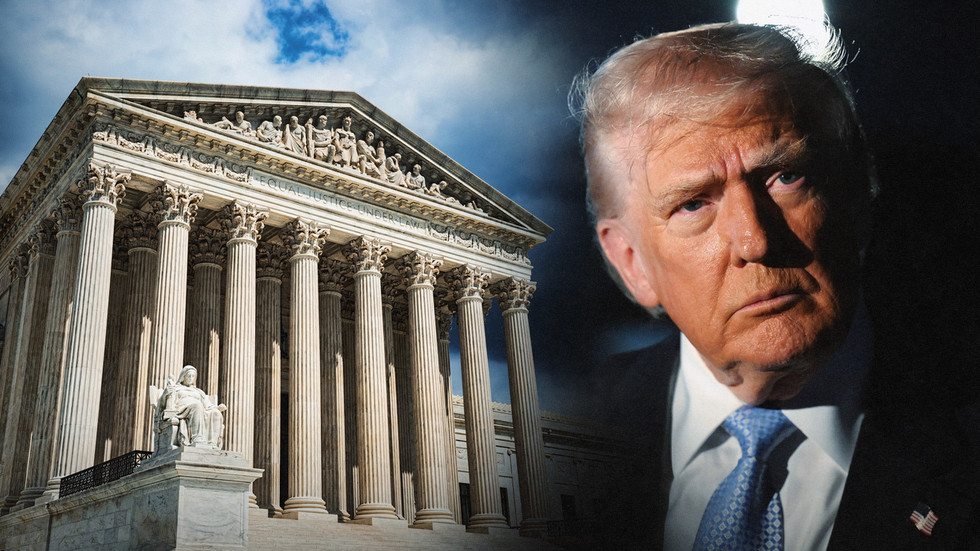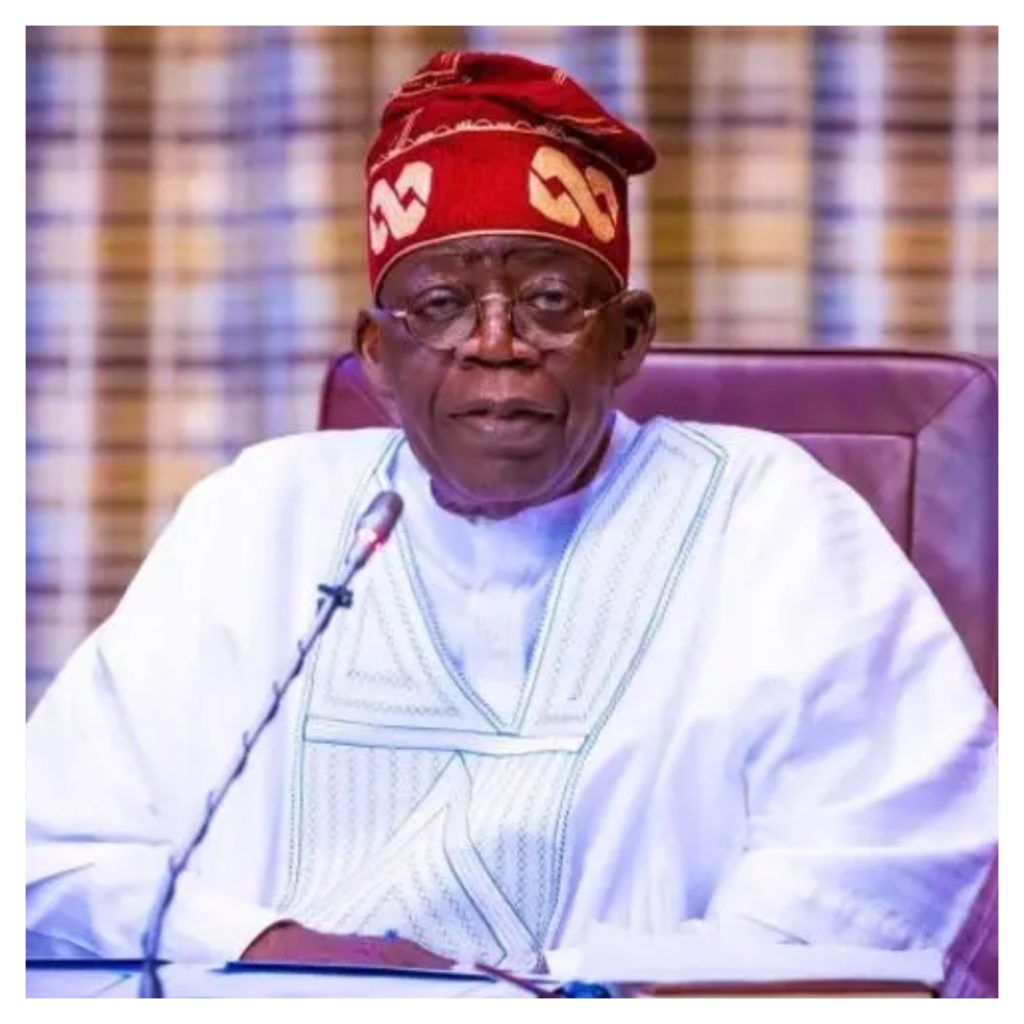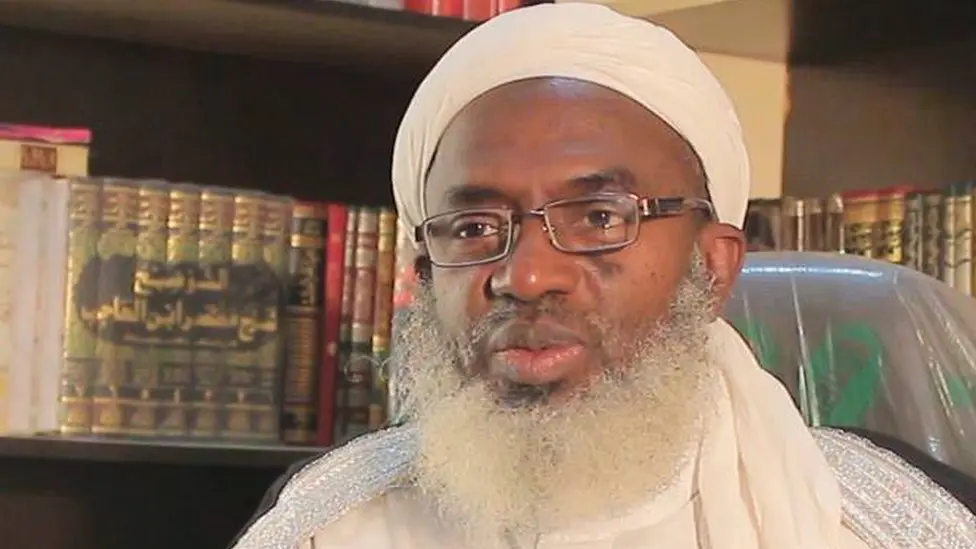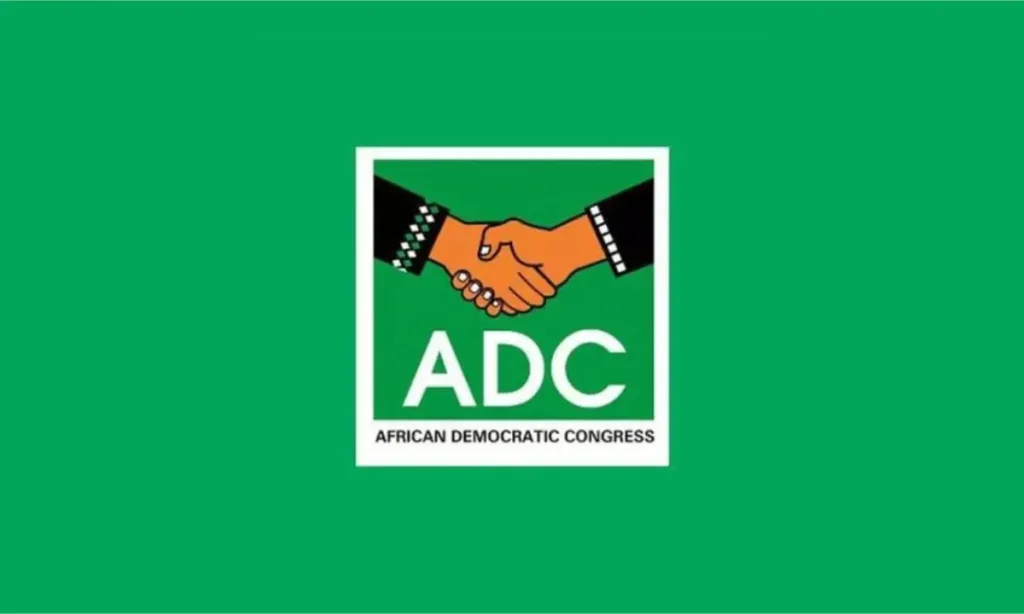Samuel Ortom, former governor of Nigeria’s Benue State, has firmly doubled down on his decision to oppose ex-Vice President Atiku Abubakar during the 2023 presidential election, stating he feels “no regret” for his role in undermining the candidate of his own party. Speaking during a televised interview on Channels Television’s Politics Today on Monday, Ortom defended his actions as a defense of his constituents’ interests, dismissing accusations of betrayal.
Ortom was a prominent member of the G5, a group of five governors from the then-ruling Peoples Democratic Party (PDP) who openly rejected Atiku’s presidential bid. Instead, they supported Bola Tinubu of the All Progressives Congress (APC), who ultimately won the election. “I did not hide it. I have no regret,” Ortom asserted, framing his stance as a response to political realities rather than personal disloyalty. When pressed on whether his actions fractured party unity, he countered: “Which betrayal? Pursuing my interest and the interest of my people? The interest of my people is that you provide what they want.”
He elaborated that politics, in his view, prioritizes regional and communal demands over individual ambitions. “If I have somebody working against my interest and the interest of my people, I have to fight back,” he said, adding that supporting another northern candidate after President Muhammadu Buhari’s eight-year tenure would have been “inconceivable.” This reference to Nigeria’s informal power-sharing tradition—rotating leadership between north and south—underlined his rationale for opposing Atiku, a northerner.
The former governor also addressed recent political developments, including Atiku’s departure from the PDP and a new opposition coalition spearheaded by figures like ex-Senate President David Mark and former Benue Governor Gabriel Suswam under the African Democratic Congress (ADC). Ortom dismissed the coalition as “unsustainable” and reaffirmed his loyalty to the PDP, where he serves as Benue State leader and a member of the party’s Board of Trustees. “People are free to join any coalition they wish, but for me and the people I lead, we remain in PDP,” he said.
Ortom’s remarks highlight ongoing tensions within Nigeria’s opposition, where regional allegiances and disputes over power dynamics continue to shape alliances. His defiance reflects broader challenges faced by political parties in balancing national cohesion with localized demands, particularly in a country where ethno-geographic considerations often influence voter behavior. As realignments persist ahead of future elections, Ortom’s stance underscores the complex interplay between individual agendas, party loyalty, and constituent representation in Nigerian politics.



